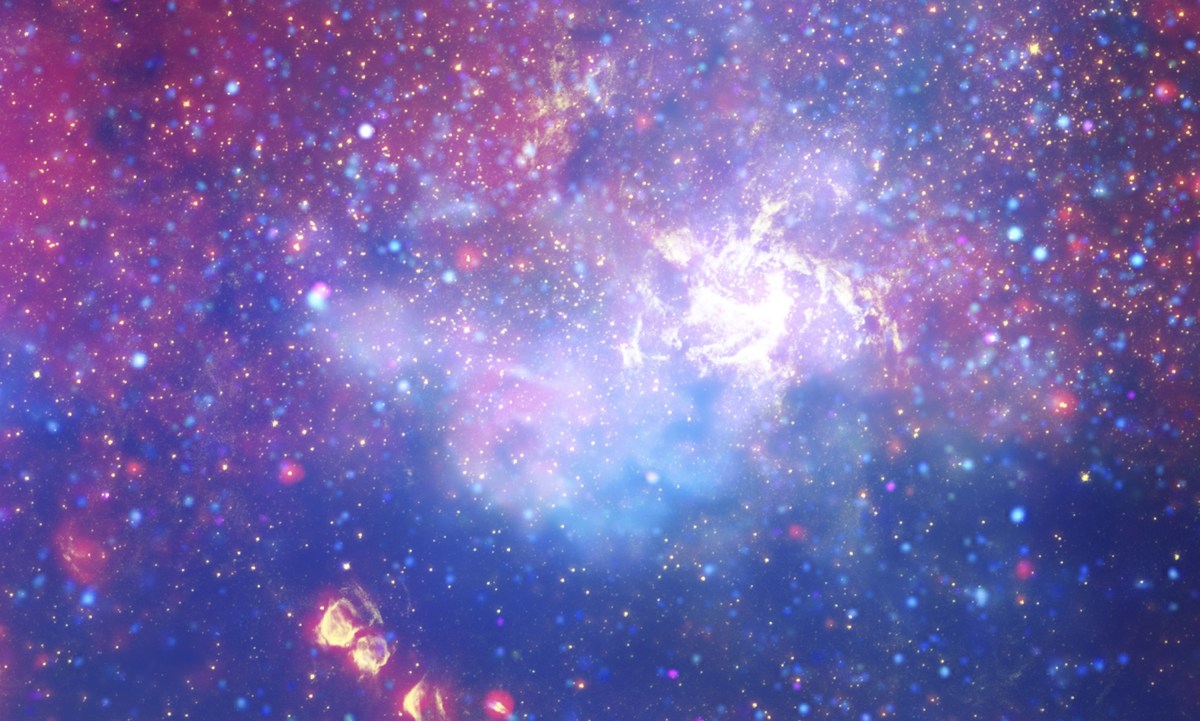It’s a big question: Is our universe only one small part of larger multiverse? In the past, many physicists have dismissed the existence of more than one universe as an unscientific notion. But John Donoghue, a physicist at the University of Massachusetts at Amherst, sat down for an interview with Knowable Magazine—co-published in The Atlantic—to discuss the current theories on the multiverse’s existence. The major question in the debate centers on whether the physical state of our universe is “something that’s fundamentally predictable from some more fundamental theory, or is it the accident of history in our patch of the universe?” according to Donoghue. If the answer is the latter, then the possibility of multiple universes must be considered. Whether the Standard Model is capable of explaining the math of our one single universe or if our existence is far more random will surely dominate the work of physicists for years to come.
Thanks for reading InsideHook. Sign up for our daily newsletter and be in the know.



















